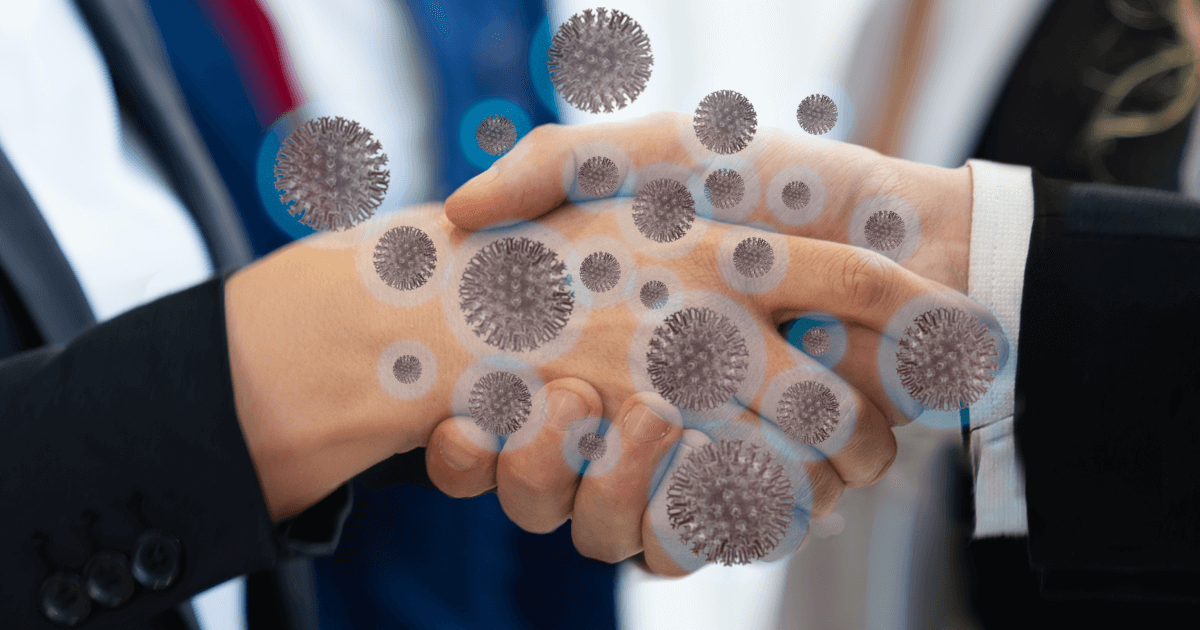Does world health organisation needs introspection?
Nurses and midwives are the foot soldiers of patient care and especially in a pressing situation like COVID-19 pandemic, they are the ones who should be appreciated and taken care of by the world leaders.
World Health Day organized by the World Health Organization (WHO) is celebrated on 7th April each year. The day is celebrated to raise global awareness regarding a health topic. This year, the tagline for World Health Day was ‘Support nurses and midwives’.
Nurses and midwives are the foot soldiers of patient care and especially in a pressing situation like COVID-19 pandemic, they are the ones who should be appreciated and taken care of by the world leaders. We all have seen pictures and videos of frontline nurses working tirelessly and facing unprecedented challenges such as PPE and equipment shortages in the present circumstances. Therefore, with this year’s theme for World Health day, WHO aptly highlighted the current status of nursing around the world and provided recommendations on improving the workforce.
But, talking about recommendations by WHO, the question arises ‘Do countries really consider WHO recommendations?’ or is it the other way around – ‘Did WHO really take the right step at the right time?’ Well, all these questions really come down to ‘Is the current multi-lateral health system really working?’ Looking at the current pandemic, it seems that we all have failed miserably, and it is time for us to change the global governance of public health.
The current global law for epidemic/ pandemic response is International Health Regulations (IHR), it assists 196 countries to prevent, protect, control and respond to global public health crisis. IHR was revised in 2005 after the 2003 SARS epidemic. WHO coordinates IHR implementation by providing guidance, training and tools to countries for strengthening their capacities to detect, verify, report and respond to public health crisis.
IHR also includes measures to avoid unnecessary interference with international trade and travel in such situations. WHO has the power of declaring a public health situation as epidemic/pandemic based on the data received by its state members. But it has been observed that countries have infringed these regulations by not sharing data and reporting outbreak on time. Therefore, leaving WHO to bear the brunt of not declaring the situation as public health emergency of international concern (PHEIC) and pandemic on time such as in the case of Ebola or coronavirus outbreak.
The whole process of declaring a PHEIC/pandemic is very crucial as it affects the economic and social state of a country. Therefore, WHO has often been criticized of kowtowing to its donor countries and delaying such responses due to political pressure. It is also true that WHO does not publish any document as to what all evidence and reports does it consider while declaration of PHEIC. This clearly shows WHO’s lack of transparency in its recommendations and decisions.
But, does labeling a situation by the WHO really trigger the countries to respond to these situations. WHO Director General Dr. Tedros Adhanom Ghebreyesus declared COVID-19 outbreak a PHEIC on 30th January 2020. However, countries did not prepare on time. World’s top scorer at the Global Health Security Index, the US was also not fully ready for the pandemic, which is quite evident today.
The Global Health Security Index report is compiled by Johns Hopkins University, Nuclear Threat Initiative, and Economist Intelligence Unit which scores 195 countries on biological security and disease readiness. The report states that none of the countries are fully prepared for a pandemic as each country has important gaps to be addressed. Therefore, it is evident that the current multilateral system is not working, and we need to improvise it. It is important to create innovative pandemic response systems by all countries. The countries should have a robust reporting structure and forgo individual sovereignty towards shared goal of controlling such pandemic.
On the other hand, it is equally important to improve the power imbalance in the global governance of the public health by delegating more enforcement authority to WHO to enforce such global system. WHO should not only be restricted to coordination and rule setting. WHO also needs to improve its governance by increasing transparency, authority, monitoring and evaluation. WHO has done great work in the field of public health and we need to work together rather than blaming each other.

Composed by: Nimisha Singh, Health care consultant

